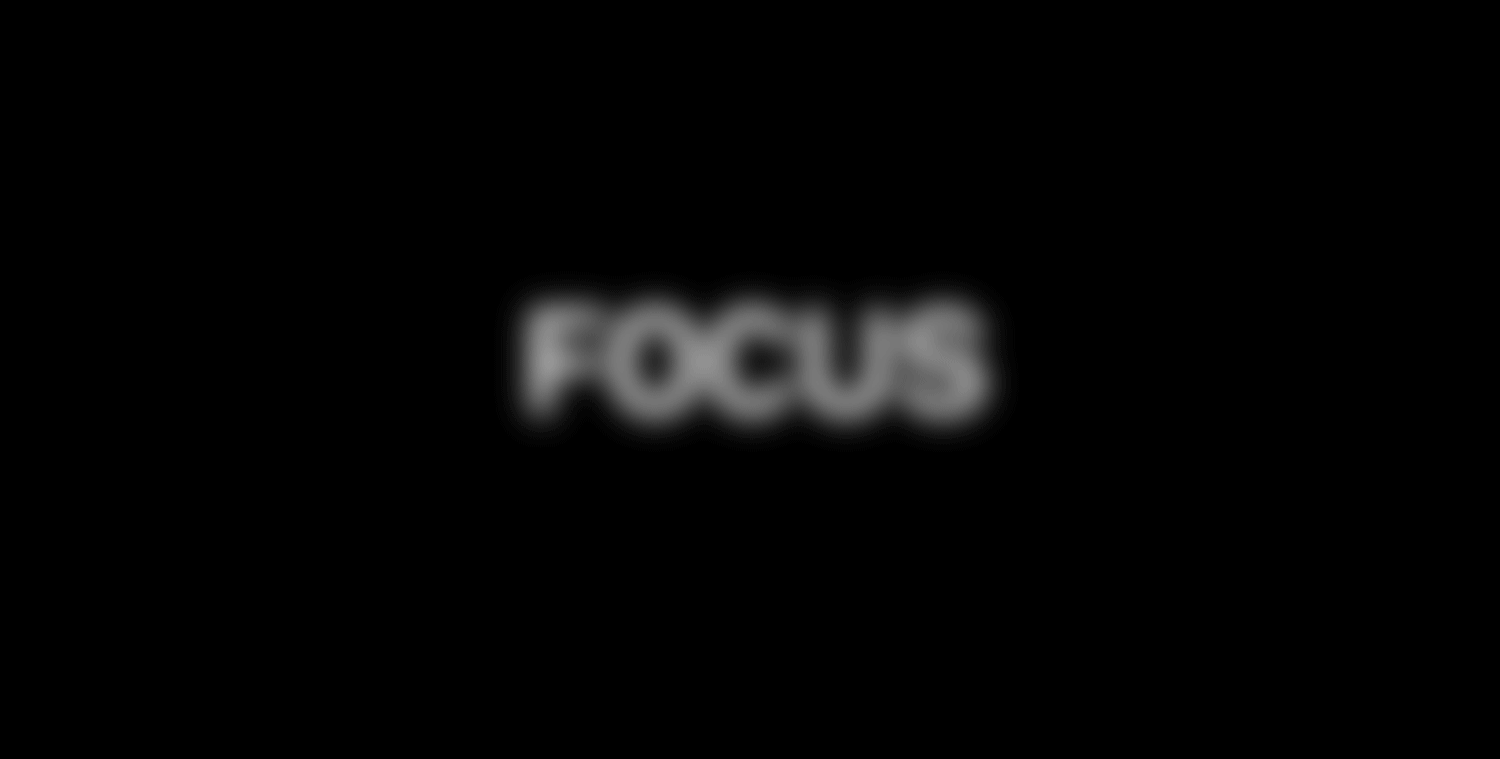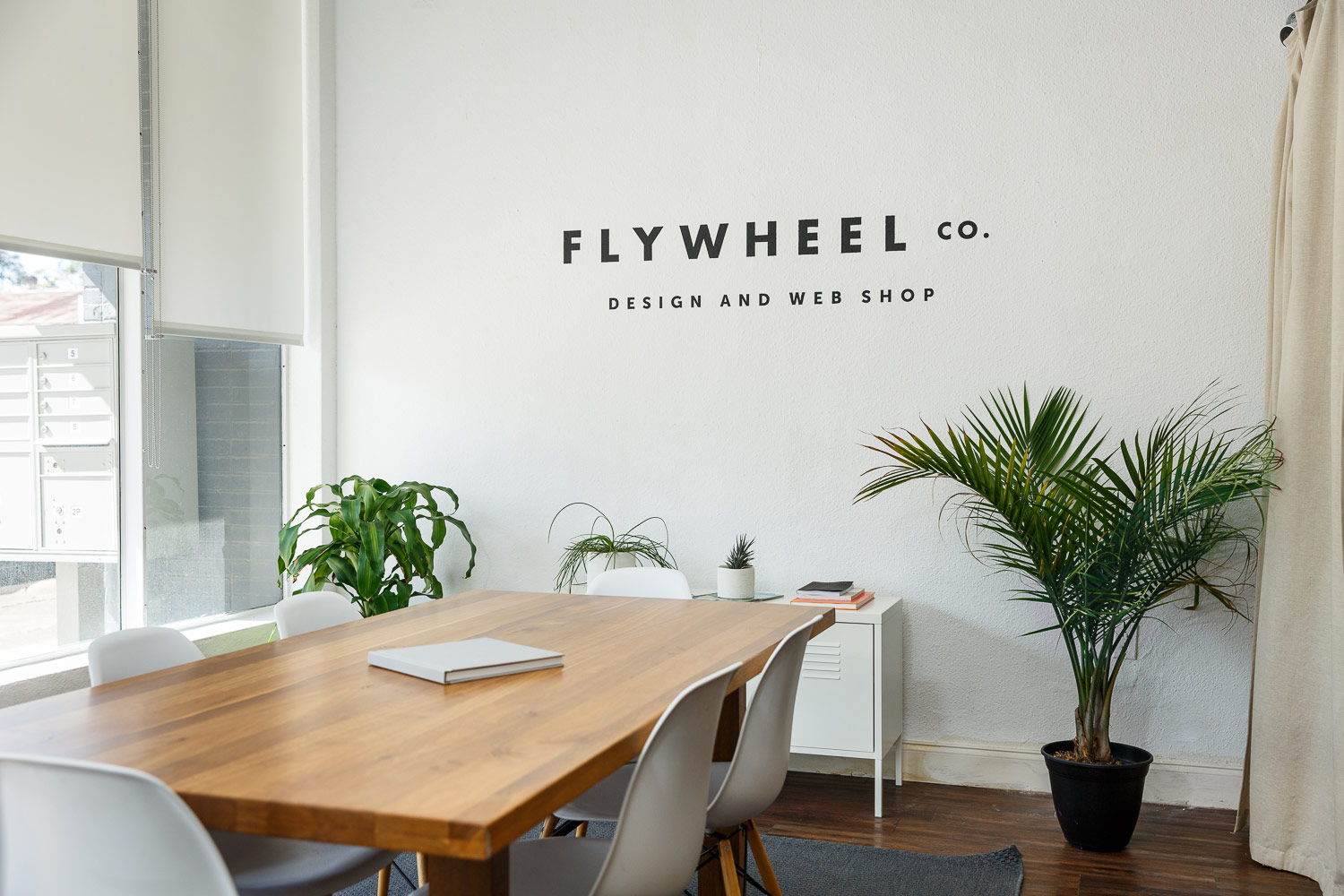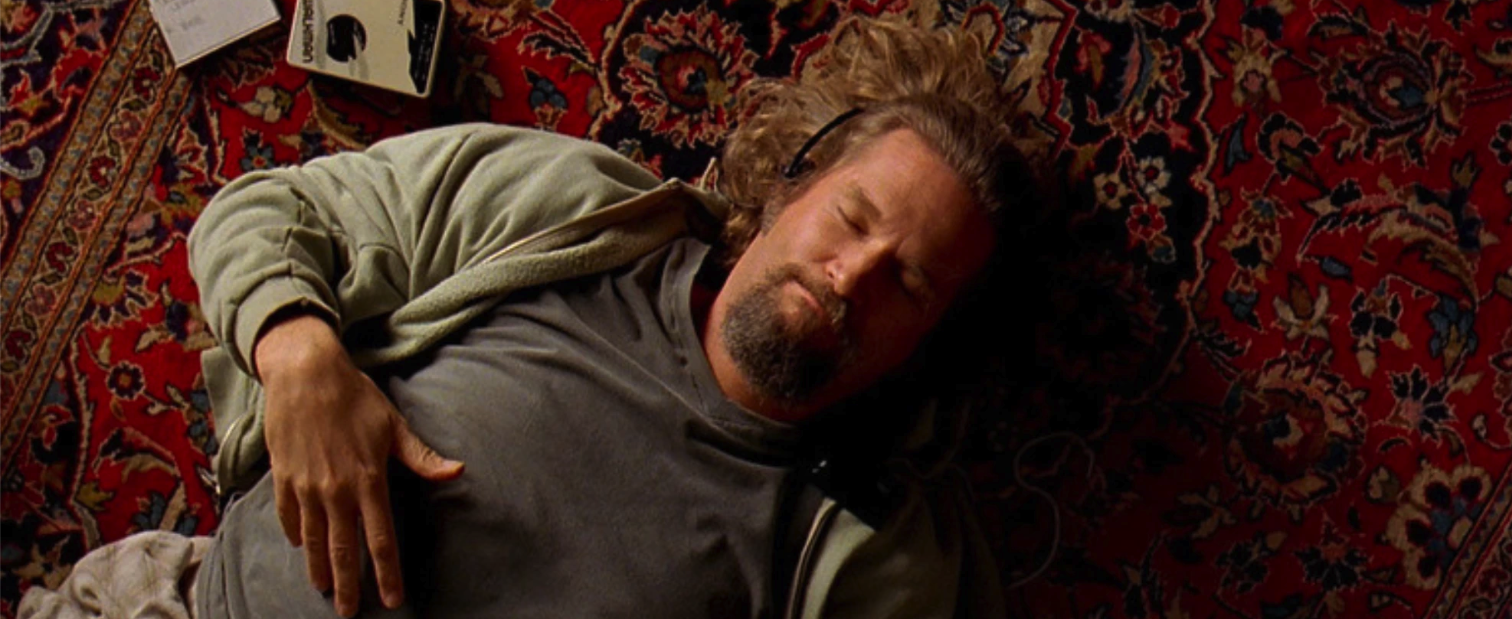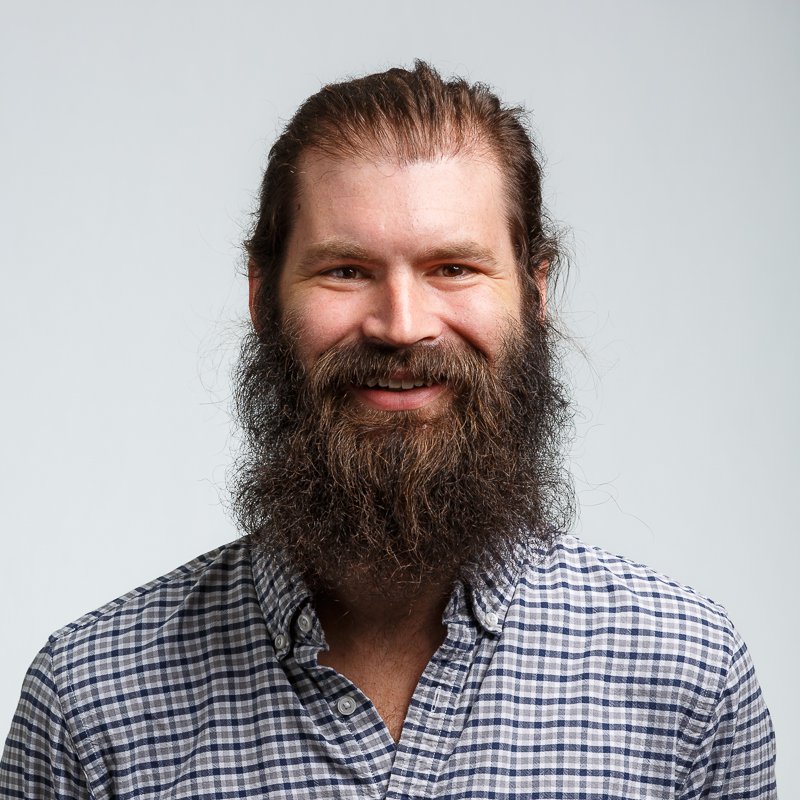© 2026 Flywheel Co.
Misc. — 11.15.18
Staying focused in a hectic world

Productivity and efficiency are two of the most important things when you’re a small team. Distractions, interruptions, and letting your mind wander for too long are quick killers of getting things done. At Flywheel, we’re always learning about how to be more productive and more efficient. In this article I’ll talk about the bad, the good, and the ever changing remedy to staying focused in a world full of distractions.
The Bad
The first step to addressing efficiency killing distractions is recognizing that you have a problem. I don’t know of a single small team, or office in general, that doesn’t wrestle with some form of productivity troubles. We are no different. Some of our hurdles are self-imposed and some just come with the territory of being a client-focused business in the service industry.
- Open office
- Constantly connected
- Unexpected daily distractions
Open offices. A love-hate relationship.
We know, we know. Open offices are bad. It’s no hidden secret that essentially sharing a room with the whole team can mess with your work rhythm. It’s especially evident for designers and programmers that rely on a steady stream of thought and intense focus to get the job done. Our office in The Heights is a modest but comfortable 1,100 square feet that fits four of the five of us. (Check out Chris’ article about working in Australia) In that footprint we fit all of our desks, a “kitchen” (we use that term lightly), a conference table, and a common area with our whiteboards, couch, and coffee table. More and more frequently our office is also our photography studio. We cover a lot of ground in a small space.

For example, at this very moment we have a client meeting at our conference table, we’re doing a photoshoot in our common area and I’m in the middle with headphones writing this blog post.
With that said, we’re not a fortune 500 company with hundreds of employees. We are lucky to only have 4 people to compete for focus. Some offices pack well over 20 people into an open floor plan. Even so, it can get distracting at times. Camera flashes, others talking, phone calls… you get the idea. Most of the time we love it, sometimes we hate it.
- Open offices are distracting.
- One space gets used for many different purposes.
Your brain is constantly connected to… everything.
As an agency we rely heavily on the internet and technology in general. It’s not always somebody else’s fault when I get distracted. In fact, it’s mostly my own fault. My mind wanders, I get caught up in an article about something random, I’m hunting down new music, I daydream. Yeah, I said it… I daydream at work. It happens and some days are worse than others. The thing is, you have to allow yourself that time; sometimes.
- Being constantly connected makes it easy to be constantly distracted.
- We're human.
I recently listened to a podcast where Eminem talked about how he’s expected to produce hit after hit. Rhyme after rhyme. Each one has to be better than the last or he’ll become irrelevant. While it’s not a one-to-one comparison, I could still relate to that feeling. We’re an agency that focuses on design… not just good design. Great design. On my side of the business I focus on code… not just good code. Great code. What a lot of non-programmers don’t recognize is that writing code IS creative. There are rights and wrongs, sure, but at its core you are still problem solving and devising solutions for interesting problems. Keeping up with the web development and web architecture landscape is a never-ending endeavor. Like Eminem, we have to keep producing creative work that’s better than the last. Sometimes you have to allow yourself the flexibility to dig around the internet… but at what cost?
- Keeping up with web and design trends can take a lot of time.
- If you don't keep up, you'll become irrelevant.
Unexpected daily distractions are expected.
Over the past 5 years we have been lucky enough to work with a lot of different businesses. That means we maintain a lot of servers, a lot of websites, and a lot of designs. It also means that those servers, websites, and designs need attention from time to time. Often times we know when and why we need to address an issue but just as often it’s an unexpected request from a client or server maintenance that we didn’t plan on. These kinds of “distractions” come with the territory. It’s hard to even consider them distractions if you know that they are going to happen… You just don’t know when. Whether you like it or not, in an agency that deals with clients you’ll definitely be faced with unexpected meetings, calls, emails or (if you’re super unlucky) break-ins.
- Expect distractions from clients if you're in the service industry.
- Expect the unexpected.
The Good
Phew. Now that we got that out of the way let’s shift gears and talk about the good things. I bet that by now you’re thinking “How do they get anything done between an open office, the internet, meetings, daydreaming and client requests?!”. Well, it’s not always easy but it doesn’t always have to be hard.
- Headphones are multi-purpose
- Communication software doesn't have to be distracting
- Meetings aren't all bad
- Give yourself some time when you need it
- Helpful protocols don't mean overbearing rules
- Embrace the crazy
A good set of headphones are invaluable.

This might be a no-brainer, but a good set of headphones can do more than drown out distracting sounds by putting audio directly into your ears. Headphones are also a great way of telling your co-workers that you’re currently “closed for business”. They are our way of non-verbally saying “Unless it’s really important… I’m in the middle of something”. You have to count on your co-workers to respect it so your mileage may vary. I wear wireless headphones so that I can get up from my desk, go to the kitchen and back without losing my focus. I don’t think I could go back to wired without clotheslining myself 100 times.
- Headphones can help you block out sounds. (duh)
- Headphones are a non-verbal cue that you're unavailable.
- Wireless headphones give you the freedom to roam without breaking your concentration.
Use communication software to your advantage.
We use a lot of different types of software at Flywheel. Our main (digital) communication channels are Slack, Basecamp and good ole’ email. All of these can teeter on the edge of being distracting or, in a worse-case-scenario, be the whole distraction. You have to use the software the “right way” for you to make sure it doesn’t get in the way. For us, using these things the “right way” means that we are conscious of others when we’re writing a message or sending an email.
- Does this person need to get this email at all? Can I leave them off without causing a problem?
- Does this person need to get this message from me RIGHT NOW? If it can wait, it should wait.
- Reminders. Reminders. Reminders. Use them to your advantage.
- Software notifications are crazy distracting. Disable them when possible.
Meet in the morning, be productive all day.
The first thing we do every morning when we all get to the office is have our “morning run-down”. I know that most people will tell you that meetings kill productivity. They aren’t wrong. They can eat up productivity and they’re even worse on efficiency. I don’t think I need to dive into why some meetings are bad. You’ve all sat in a meeting you didn’t need to be in. That’s why we make it a point to stay focused and concise during our morning run-downs. We go over what each person is focusing on for the day, rearrange if needed, and distribute the workload based on who’s busy and who has some spare time. If we find ourselves going down a rabbit hole we are able to table it and talk after the run-down to address it with only the people that need to be involved. It’s one of the most helpful things we’ve implemented at Flywheel.
- Meetings don't have to be wasteful.
- Outlining what everyone is working on keeps the whole team busy and informed.
- Don't let quick meetings get out of control. Table conversations for only those that need to be involved.
Shift gears. It’s OK.
In a creative industry you’ll often find yourself struggling through something that should be easy. It happens. It happens to the best of us and it happens to the worst of us. Nobody can “play the hits” every single time. One of the best things you can do is recognize when it’s happening and shift gears or take a break. If you don’t already do this, you’ll be surprised at what a quick walk, a snack or even an irrelevant phone call can do to get you back on track. It sounds counter intuitive but spending time out of focus can really help you spend the right time in focus. I’m not advocating for taking a break for no reason… but if we aren’t living in a simulation then we’re all human. Sometimes you have to shift gears, take a break or allow your mind to wander so that you can come back fresh.
- You have to give yourself a chance to breathe.
- Shift gears, take a break, allow your mind to wander then come back fresh.
Protocols help as long as they aren’t restricting or overbearing.
If you don’t have a process in place you’re doing yourself a disservice. Processes and protocols don’t have to mean restrictions and wasted time “following the rules”. Not every project is the same but if you do them right they can serve as a clear roadmap for projects that fit the mold. When the whole team knows who’s responsible for what and when, it saves a lot of time, reduces distractions, and saves you from unnecessary meetings.
- Protocols are guidelines for how the whole team approaches a project.
- When the whole team knows who is responsible for what things run more smoothly.
Go with the flow, man.
 Not to go full Lebowski but, dude… chill out. I have to tell myself this all the time. Relax and go with the flow. Interruptions happen. You can’t stop them. You can reduce them, you can take steps to minimize them… but you’ll never completely remove them. Whether they’re self imposed like a daydream or brought on by somebody else like a wrecking ball you’ll have to eventually come to terms with the fact that distractions are going to exist; always. If you’re optimistic you can even view distractions as a good thing. They keep you on your toes and they prevent the days from getting too stale. Through the right lens you could look at a distraction as an unplanned adventure and like everyone who’s ever been on a road trip knows, unplanned adventures are often the best ones. Long story short; try to stay positive about interruptions.
Not to go full Lebowski but, dude… chill out. I have to tell myself this all the time. Relax and go with the flow. Interruptions happen. You can’t stop them. You can reduce them, you can take steps to minimize them… but you’ll never completely remove them. Whether they’re self imposed like a daydream or brought on by somebody else like a wrecking ball you’ll have to eventually come to terms with the fact that distractions are going to exist; always. If you’re optimistic you can even view distractions as a good thing. They keep you on your toes and they prevent the days from getting too stale. Through the right lens you could look at a distraction as an unplanned adventure and like everyone who’s ever been on a road trip knows, unplanned adventures are often the best ones. Long story short; try to stay positive about interruptions.
- Relax. Try to take a deep breath.
- Issues, questions and distractions will happen. That's OK.
Embrace the good. Address the bad.
Every team is different and every creative endeavor has its struggles. The key is doing your best to recognize where you can do better. Better doesn’t mean perfect and doing your best everyday doesn’t mean you’ll do your best everyday. You have to embrace it. Go out and get a nice set of headphones if you need that non-verbal “leave me alone”. Meet with your team in an efficient and directed way that doesn’t get in the middle of your production. Build out protocols that help everyone understand when, where and who. But, most of all, try to go with the flow, man. It’ll help you in more ways than you realize.

Co-founder & Lead Programmer
Matt Higgins
Matt is a co-founder, creative director, and programmer at Flywheel. He's made literally tens of people laugh in his lifetime and is always looking for the next problem to solve.

